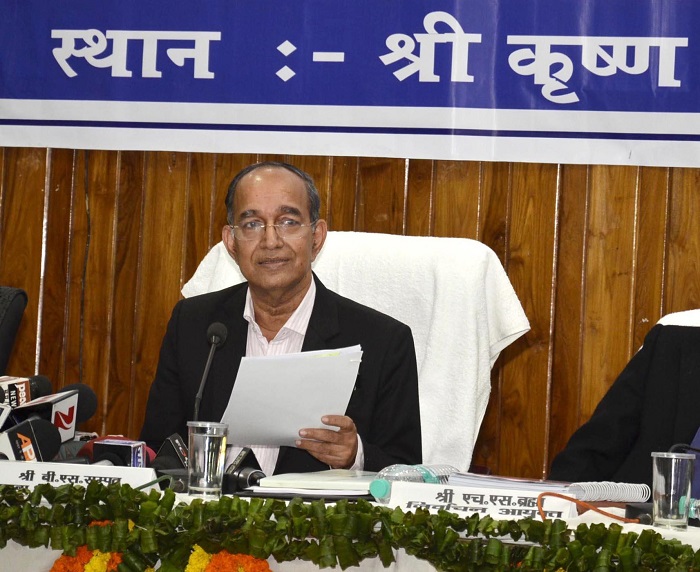New Delhi, Pointing out several serious flaws in the electoral bond scheme, V.S. Sampath, former Chief Election Commissioner, on Tuesday said the scheme lacks transparency.
The Congress election manifesto released on Tuesday also said that the greatest challenge to free and fair elections is the Election Commission’s inability to prevent the use of black money in poll campaigns.
“We will scrap the opaque electoral bond scheme that was designed to favour the ruling party,” it said.
Sampath who was speaking at an SPS-PVR panel discussion on ‘Demystifying Elections’ said that this month alone, donations of nearly Rs 1,700 crore were made to various political parties.
“In this, the identity of the donor is not known…it is anonymous…such donations can lead to malpractices,” Sampath said.
Adding to Paranjoy Guha, Election Analyst, Former Editor EPW, said, “Electoral bonds are legalized corruption, because who gets to know the information relating to the electoral bonds? It is the State Bank of India, 80 per cent of SBI’s stakeholder is the government of India.”
He said the information that he has is that 90 per cent of the electoral bonds purchased have been deposited in the accounts of the ruling BJP.
The discussion was attended by diplomats and foreign delegates.
Explaining his take on this year’s election, Sandeep Bamzai, Editor in Chief IANS, said 2019 polls would be unique in terms of quality of political discourse between two principal parties with widely divergent ideologies. He said: “Ugly game between the two principal parties, Congress and BJP, is something which has never been seen before.”
“There is a verbal shell game going on between the two. It stems from visceral hatred for each other,” said Bamzai.
Neerja Choudhury, senior journalist and political commentator, said that as a reporter, she felt proud about vibrant play of democratic values in Indian polls.
“On one side, in 2007 you saw Mayawati, a woman Dalit leader, get a majority in the most populous state of India, Uttar Pradesh. There were problems and criticism about her style of functioning. Today, we have a fractious political atmosphere where divisions along the lines of caste, community, religion and region are clearly visible.”










